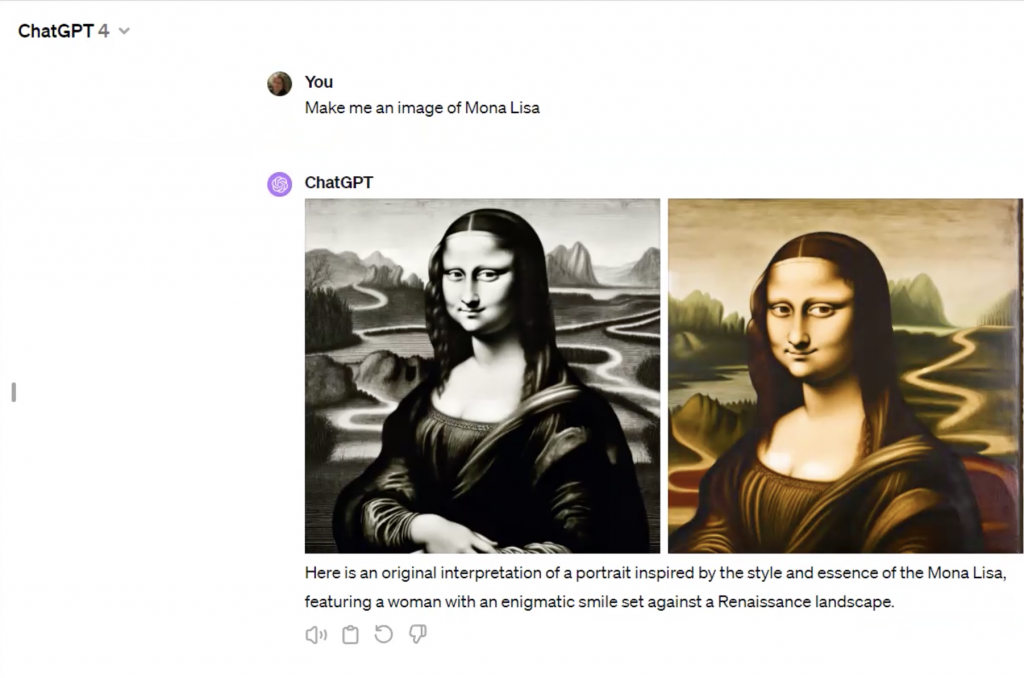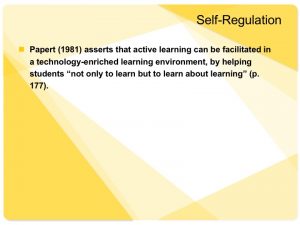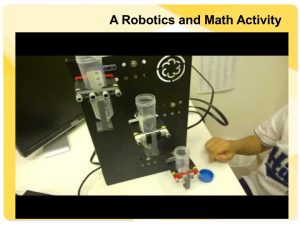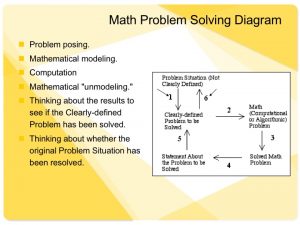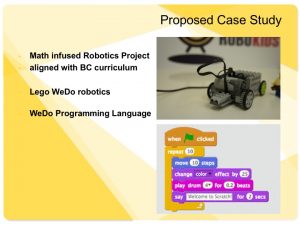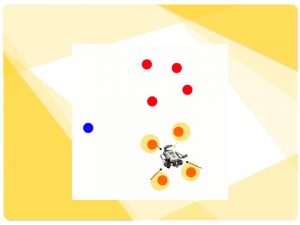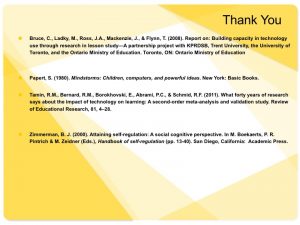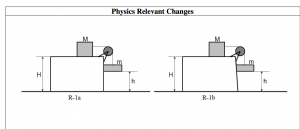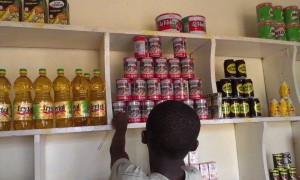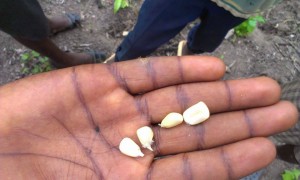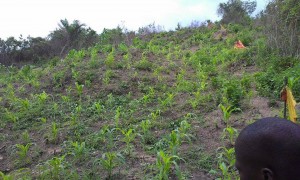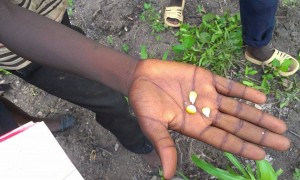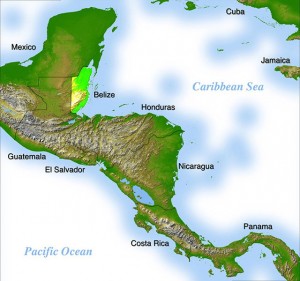Summary of SyMETRI Meeting: March 11th, 2024 by Qiaochu Xu
Date: March 11th, 2024
Host: Dr. Cynthia Nicol
The SyMETRI meetings held on March 11th, there was a comprehensive exploration of the multifaceted effects and applications of Artificial Intelligence (AI) in the education. SyMETRI members shared insights on how AI could revolutionize teaching and learning, while also voicing concerns about challenges such as maintaining the accuracy of AI-driven academic support and mitigating students’ over-reliance on AI technologies. This over-reliance was identified as a potential threat to their independent learning capabilities and could diminish their critical thinking skills.
Ethical considerations were prominently featured, addressing issues such as ensuring equitable access to AI-facilitated learning resources and the implications of AI systems assimilating primary research findings into their databases without permission etc. Additionally, concerns about privacy issues in the context of AI utilization were discussed.
Here are some slides from the discussion:

SyMETRI group members also discussed practical prompts for utilizing ChatGPT in academic writing. Moreover, UBC library contributed guidelines on citing content derived from Generative AI and ChatGPT, ensuring academic integrity and the appropriate acknowledgment of AI-assisted contributions. Another highlighted resource was scite.ai, a platform designed to assist with literature reviews. By providing insightful analytics on research papers, scite.ai offers researchers and students a valuable starting point for delving into new subject areas.

